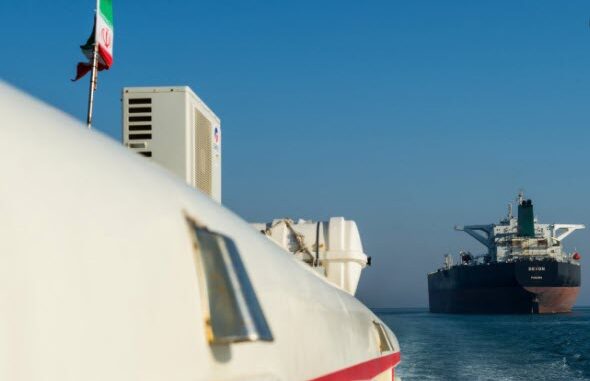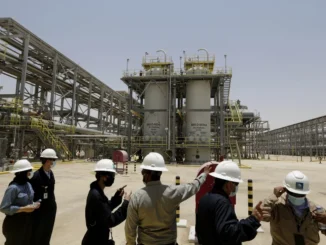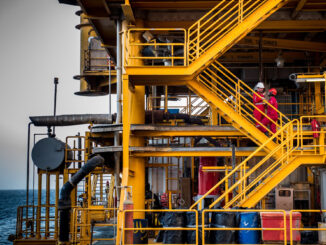
Dubai — A return of Iranian oil to the market if new US President Joe Biden resurrects the nuclear deal could destabilize crude prices and undermine the OPEC+ alliance, experts said at the Atlantic Council Global Energy Forum on Jan. 20.
OPEC, Russia and several other allies have instituted deep production cuts to support prices through the coronavirus crisis.
But those gains could be wiped out by an increase of up to 1 million b/d of Iranian crude exports this year if sanctions relief is granted, said Carlos Pascual, who was the US State Department’s top energy diplomat under former President Barack Obama and played a key role in negotiating the nuclear deal.
“A change like this is going to have a very significant impact internally within OPEC,” Pascual said during the virtual forum. “It would have a very direct impact for the interests of Saudi Arabia, the Emirates, and Russia, in particular. And we may see within OPEC a very serious negotiation on whether they can continue with the OPEC+ arrangement, how they’re going to come to an understanding, and what implications that has for the price of oil.”
Iranian oil exports have been severely constrained since former President Donald Trump pulled the US out of the nuclear pact in May 2018 and reimposed sanctions. Iran’s crude production has correspondingly plunged, from a 10-year peak of 3.83 million b/d at the time of the US’ withdrawal from the deal to about 2 million b/d in 2020, according to S&P Global Platts estimates.
Biden’s team has indicated it would seek to reinstate the agreement – known as the Joint Comprehensive Plan of Action – as soon as practical, though this will depend on how open Iranian officials are to a renegotiated deal.
S&P Global Platts Analytics forecasts that Iranian crude supply could grow by 500,000 b/d between June and December, assuming a new agreement is forged by late 2021 and that the Biden administration is not as stringent about policing sanctions enforcement than the Trump administration.
In a best-case scenario, growth of up to 1 million b/d is possible by December, Platts Analytics estimates.
However, a lack of clarity over current Iranian export levels make it difficult to assess the precise impact on the market, said General Amos Yadlin, director of Tel Aviv University’s Institute for National Security Studies, who spoke on the same panel as Pascual.
Cloaked exports
Iran’s national oil company has used various means to cloak its exports, including turning off satellite signals on tankers and using ship-to-ship transfers at sea.
“We don’t know exactly how much oil Iran is exporting as we speak. It could be around 700,000 b/d, or maybe a million, if they are smuggling to China,” Yadlin said. “If the US allow them to export, it will go up by another million. When Iran is enjoying the more freedom of export, the price will go down, and it will affect the rest of the market.”
The OPEC+ alliance, which controls roughly half of world crude production, is implementing production cuts totaling 7.2 million b/d from November 2018 levels in January. Iran, along with fellow sanctions-addled Venezuela and war-torn Libya, is exempt from the cuts.
The coalition has discussed gradually easing those cuts through the course of the year as the global economy recovers from the pandemic, but Saudi Arabia has surprised the market and its OPEC+ counterparts by announcing on Jan. 6 that it would unilaterally cut an additional 1 million b/d in February and March.
The diverging priorities among the coalition, with Saudi Arabia and some members seeking to defend price, while Russia, the UAE and other countries desire to reclaim market share lost to the pandemic, could come to a head if Iranian sanctions are lifted.
“Just a couple of weeks ago Saudi Arabia announced it was going to cut 1 million b/d of its production, and we saw an increase of $7/b,” Pascual said. “It implies a longer-term price of oil for a period of time that could keep it at $45/b. A big issue is going to be when does that happen.”



